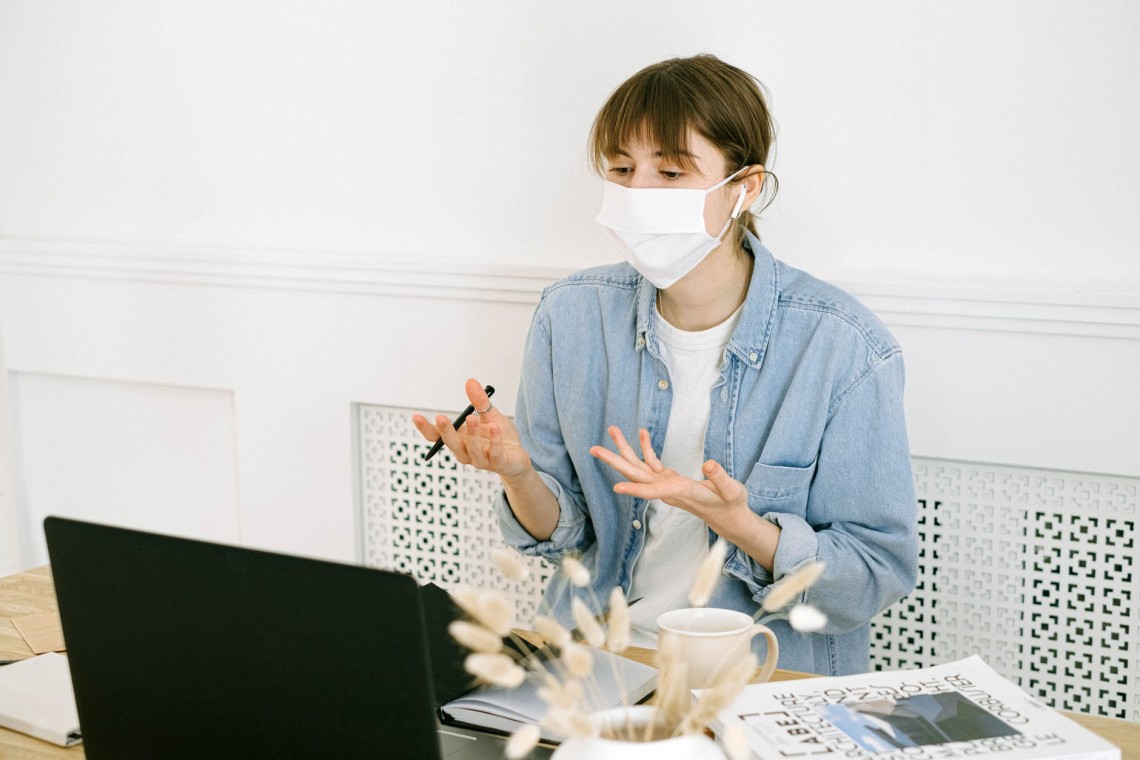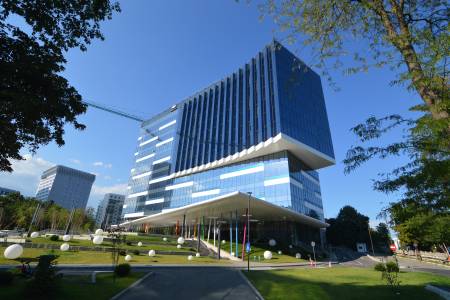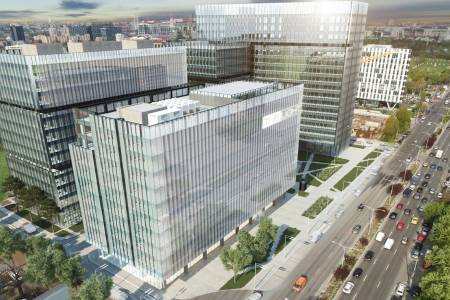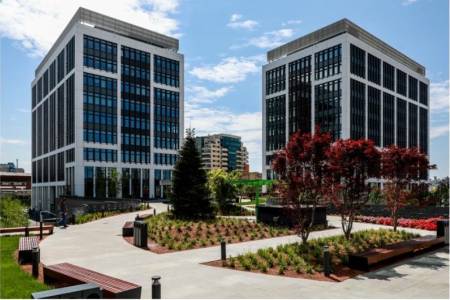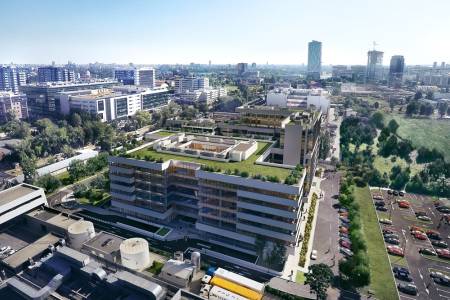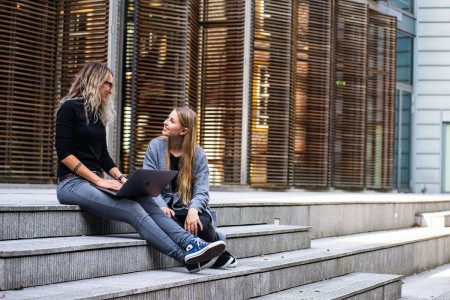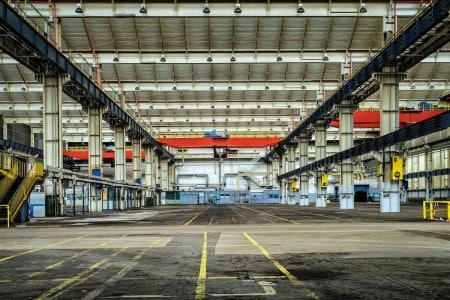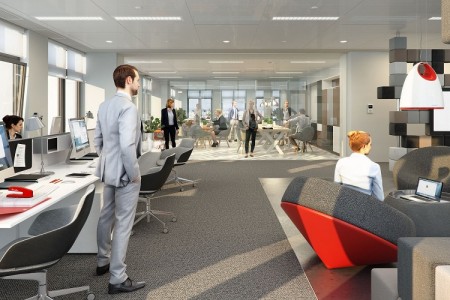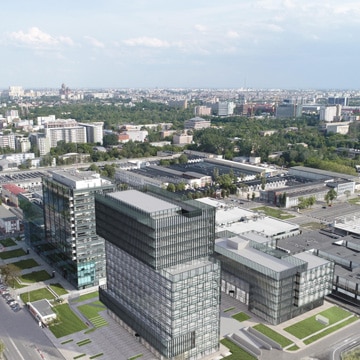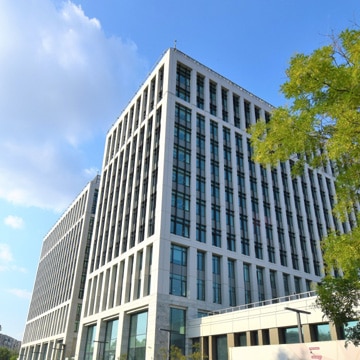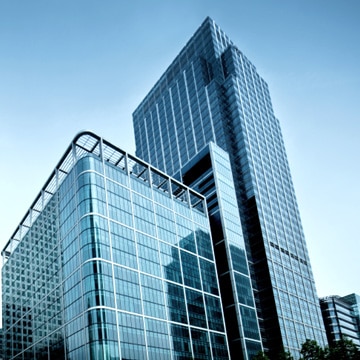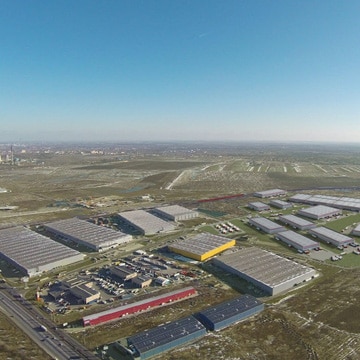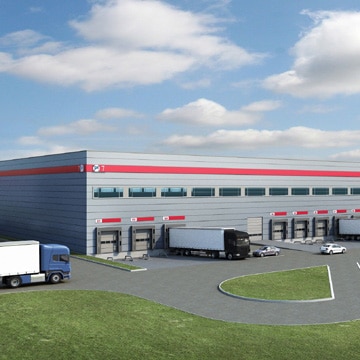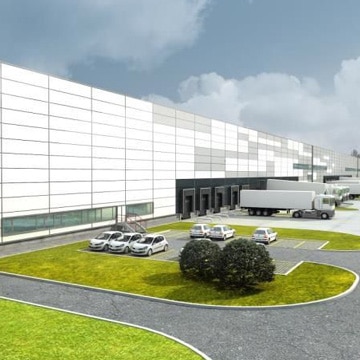All employers must ensure conditions and check daily that employees are required to wear protective masks, to go through triage at the entrance to each shift, when their temperature is taken. Their general health is observed (not to have symptoms of COVID) and disinfect your hands before entering the office. Employers also need to reduce the flow of people in the building and office simultaneously (whether they are employees or visitors) and thoroughly disinfect between work shifts.
These measures are contained in two legislative provisions: they are passed explicitly as recommendations, in order of the Ministry of Economy, Energy and Business Environment, issued on Tuesday, May 16, 2020, but some of them are mandatory, because the order also refers to the Decision no. 24 of the National Committee for Emergency Situations, issued on May 14, 2020.
Attention, although the measures in Order no. 1731 are recommendations of the Ministry of Economics. Some of them are mandatory (such as wearing a protective mask or taking the daily temperature of employees) because they are part of the series of measures that must be taken when entering public spaces, according to Decision no. 24, where sanctions for non-compliance are also provided.
What employees need to do:
– wear a mask, medical or non-medical, covering both the mouth and the nose,
– isolate themselves at home if they have a temperature higher than 37,3 ºC or other specific COVID symptoms: cough, sneezing, runny nose or poor general condition, and consult a family doctor.
– wash your hands frequently whenever needed, and do not touch your face with dirty hands.
What employers, small firms or large companies need to do
Employers will ensure a staggered work schedule to avoid congestion at the entrance and exit from the premises and to limit the number of employees present, at the same time, in the same office space. For companies with more than 50 employees, the start or end of the work schedule must be done at intervals of at least 1 hour, during at least 3 hours, in tranches of at least 20% of staff, with disinfection of spaces between shifts.
Companies must perform triage of employees, take the temperature of each at the entrance of the shift, and do not allow the presence at work of people with symptoms of respiratory infection (cough, sneezing, rhinorrhea, fever, poor general condition).
The temperature will be taken for both employees and visitors to the workplace. The maximum temperature for access to the office should not exceed 37.3 ºC.
Employers will organize workstations, employees’ offices so that a minimum distance of 1.5 m is ensured between employees working in front-back and back-to-back offices.
The front-facing desks must be separated by partitions which will be disinfected daily with alcohol-based solutions.
Employers will ensure the disinfection of work surfaces at the beginning of the work schedule and subsequently once every 4 hours.
In addition to the office hours, measures are also provided to ensure a safe lunch break. Employers will organize staggered lunch breaks so that the physical distance of at least 2 m is respected.
Workspaces must also be well ventilated, and air conditioning must be disinfected periodically.
Employers will ensure regular ventilation of the rooms.
In the case of air-conditioned rooms with air recirculation, employers spray once a week, preferably at the end of the week, and disinfect the air conditioning system according to the manufacturer’s instructions.
What are the legal provisions regarding work in open offices – open space type
Two normative acts are in force since the entry of the alert state:
- The recommendations regarding the activity in the offices with shared spaces in an open system (open space), provided in annex no. 2, approved in Article 2 of Order number 1731/832/2020, on measures to prevent contamination with the new SARS CoV-2 coronavirus and to ensure the conduct of activities in safe health in the field of economy, during the alert issued by the Ministry of Economy, Energy, and Business Environment and published in the Official Gazette number 406, of 16 May 2020,
- which also refers to Decision no. 24 of 14 May 2020, regarding the approval of the establishment of the state of alert at the national level and the measures for prevention and control of infections, in the context of the epidemiological situation generated by the SARS-CoV-2 virus, issued by the National Committee for Emergency Situations
The ESOP team advises you to follow these official recommendations to keep us all healthy and to avoid fines.
If you would like more information about the business parks in Bucharest where measures have been taken to prevent infection with Covid-19, please contact the ESOP team by filling this brief form, or by phone (+4) 0723.26.61.97 or (+4) 021.528.04.40. We’ll promptly answer your inquiry!
